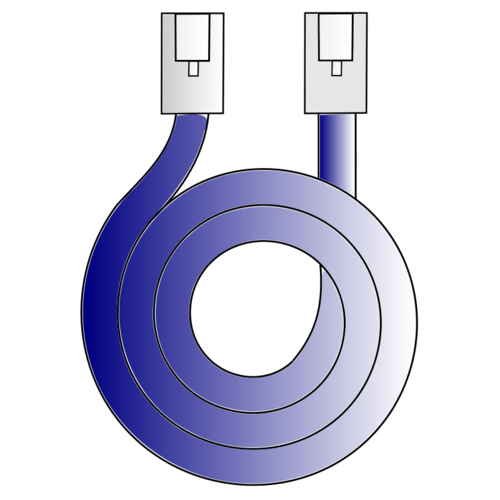

Very commonly this is multi-user.target, which is roughly equivalent to start on runlevel in upstart see man systemd.special for other common targets. Those need an section with a WantedBy= that specifies the unit which that new service wants to become a dependency of (see man systemd.unit). are not activated through sockets, D-BUS, or similar) need to become a dependency of an existing boot target. usr/share/myapp/ and call it from both the upstart job and the systemd unit.Īs described above, services which want to start during boot (i. Longer scripts are usually program logic and should not be directly in a conffile and duplicated between upstart and systemd factor it out in a proper script in e. For short shell commands you can use something like Systemd does not provide special support for shell scripts (by design). No directive(?) - use systemctl disable foo.serviceĬonflicts, BindsTo (but not commonly used) Use " %I" and " %i" in ExecStart, etc to specify an instance Requires daemon to link to libsystemd-daemon and call sd_notify().

Keywords which don't have a direct equivalent are marked with "-".Īvailable in systemd version 210 and later This maps the keywords that can occur in an upstart job to the corresponding ones in a systemd unit. A new unit needs to add itself as a dependency of a unit of the boot sequence (commonly multi-user.target) in order to become active. During boot, systemd starts a "root unit" ( default.target, can be overridden in grub), which then transitively expands and starts its dependencies. a unit will only start if and when some other starting unit depends on it. Systemd's model for starting processes ( units) is "lazy dependency-based", i.
UBUNTU NO IP DUC SYSTEMD INSTALL
A new job merely needs to install its configuration file into /etc/init/ to become active. During boot, upstart synthesizes some initial events like startup or rcS as the "tree root", the early services start on those, and later services start when the former are running. all available jobs whose startup events happen are started as early as possible. Upstart's model for starting processes ( jobs) is "greedy event-based", i. If you want to switch back to systemd, install the systemd-sysv and ubuntu-standard packages. (systemd)" entry where you can do an one-time boot with systemd. After that, grub's "Advanced options" menu will have a corresponding "Ubuntu, with Linux. Install the upstart-sysv package, which will remove ubuntu-standard and systemd-sysv (but should not remove anything else - if it does, yell!), and run sudo update-initramfs -u. (systemd)" entry, which will boot with init=/lib/systemd/systemd. If you have upstart-sysv installed and thus boot with upstart by default, there will be an "Ubuntu, with Linux. In grub, select "Advanced options for Ubuntu", where you will find an "Ubuntu, with Linux. As of March 9 2015, vivid was changed to use systemd by default, before that upstart was the default. If you are running Ubuntu vivid (15.04), you can easily switch between upstart and systemd at will since both packages are installed at present. Systemd runs with PID 1 as /lib/systemd/systemd. Prior versions (using Upstart by default): Upstart runs with PID 1 as /sbin/upstart. This has changed as part of the Ubuntu 15.04 devel cycle. Hence, it is advised to use the default upstart on prior releases. While systemd is available in prior releases through the Ubuntu repositories, there is a deemphasis of support for these releases as noted here. This document compares Upstart and systemd with a view to aiding in the transition to the latter.įirst, it is important to note that systemd is only fully supported in Ubuntu 15.04 and later releases.
UBUNTU NO IP DUC SYSTEMD HOW TO
How to identify which init system you are currently booting with.Start a service when a D-Bus name is acquired./etc/default files which enable/disable jobs.Do not run service if no daemon configuration file created.Service that does not fork (runs in foreground).Service that specifies shell meta-characters.


 0 kommentar(er)
0 kommentar(er)
